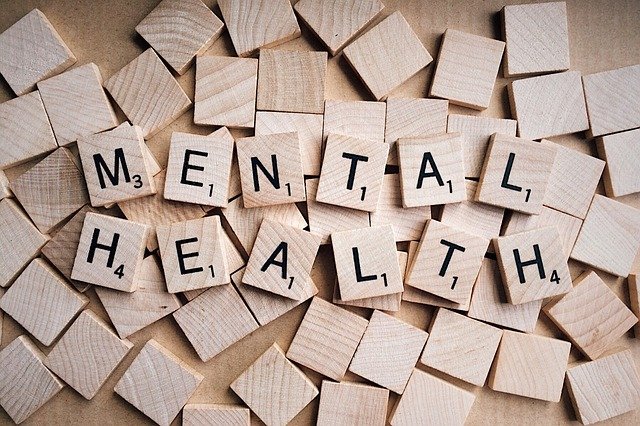Counsel & Heal Buzz
Looking for Health Answers Online May Cause you More Stress

(Photo : Looking for Health Answers Online May Cause you More Stress)
Trying to self-diagnose online is something most of us have tried at least once. But this modern reflex might not be such a good idea. Very often we find too much information relating to the symptoms we are suffering from, which is not adapted to the reality of what we have, and it only increases our stress.
Dr Google
A French study has indicated that 77% of French people go online to self-diagnose, whenever they have symptoms related to health problems. They look for answers to sudden dizziness, long-lasting headaches or a lump in their throat. What they usually get, at the end of this search, is a feeling of stress engulfing them. That’s because an online search engine cannot replace a medical consultation.
Thankfully, the internet is good for many other things, including finding solutions to calming the anxiety you will probably feel after going through such an experience. When your heart rate is starting to rise, you need to find ways to calm down, and breathing exercises for stress are the first thing you should look into. They will enable you to regain control of yourself and lower your heartbeat back to normal, ending the anxiety episode you were going through.
A Practice More Popular with Young Adults
As most realities related to the internet, younger adults tend to self-diagnose online more than older ones. In fact, 16 to 34 years old are twice likely to do so than 45 to 54 years old. Those over 54 years of age only do so in 5% of cases, which is really minimal compared to the national average which is close to 80%.
But one of the biggest problems of this practice might be the choice of websites that internet users go to. In fact, when asked if they first look-up the source of the article, to make sure of its credibility, only 53% say they do. That means almost half of the people who try self-diagnosing don’t know if the information is reliable, but still reads it. There are even 16% of the respondents that admitted to clicking on the first link that appeared in the search engine result page.
Consulting with a Doctor
In the end, those who use the internet to self-diagnose tend to believe in what they read. At least, it would seem so, since only 14% of them decide to consult a doctor afterwards. They often do so when the website they visited suggests it, or if another family member strongly advises them to go. As for the ones that don’t visit a specialist, 23% say they worry about what they read for at least a week.
* This is a contributed article and this content does not necessarily represent the views of counselheal.com









Join the Conversation